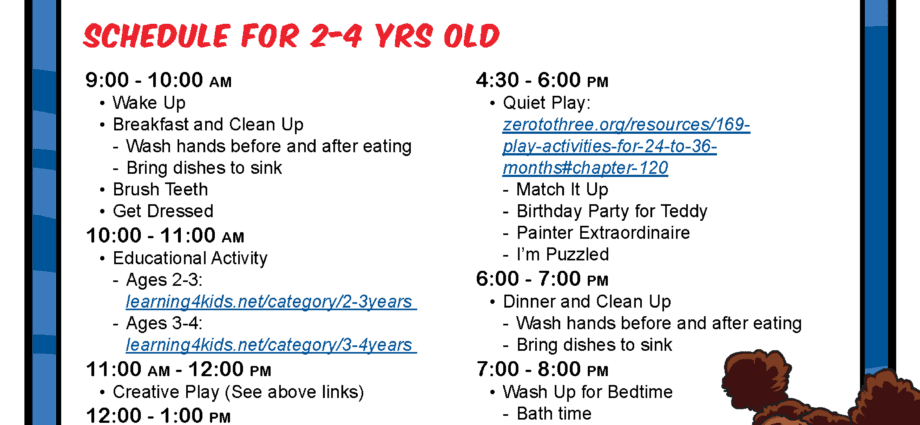Contents
- School at 2 years old: advantages and disadvantages
- School: the socialization of children
- Integration of foreign children into school
- Language development at 2 years
- Learning and activities for toddlers
- Educational inequalities by age
- Education: psychomotor development
- The financial cost to parents of early schooling
School at 2 years old: advantages and disadvantages
At 2 years old, children are not emotionally ready to enter school. The reception conditions, as they are organized today, are rather harmful to the good psycho-emotional development of the toddler: overcrowded classes under the responsibility of one or two adults, waking rhythms -> sleep, noise, lack space? All this contained in very long days.
It is at the age of 3 that the child feels the most need to reach out to others. Before, he needs an emotional and personalized relationship with an adult, nanny or referent at the nursery. So not necessarily the type of socialization involved in school. It is this emotional security that will allow him to face the community in the best conditions. If he is looked after by a loving and dynamic nanny, he regularly attends a drop-in center or lives in a family open to the outside, the balance between his emotional needs and the need for socialization is perfect. And then, contrary to popular belief, the school marks a profound rupture, even for children kept in nurseries. Teachers have noticed that some children, brought up at home until they enter nursery school, sometimes adapt much faster than others. The child’s adaptation to school does not depend on a type of childcare but on his emotional and social surroundings.
Integration of foreign children into school
This is a point on which everyone agrees. Foreign and immigrant children, whose parents do not speak French well, have an interest in attending kindergarten early. Some specialists, however, put it down: on condition that they benefit from good reception conditions and flexibility in the school regulations (> blankets,> pacifiers,> diapers), in the spirit of bridging classes.
Language development at 2 years
Experts do not all agree. According to Alain Bentolila, professor of linguistics at a university: “The acquisition of language> depends on the benevolent and demanding mediation from which the child will benefit. At this age, he needs an almost individual relationship with the adult, which the school does not offer ”(Le Monde). Agnès Florin, professor of psychology and specialist in 2-year schooling, emphasizes on the contrary that “All the available studies show an advantage of schooling before 3 years, at least in language development” (Le Monde). Finally, this schooling can also have the opposite effect if the child does not speak or express himself in an incomprehensible language when entering school, because by dint of not being understood, he can be excluded and become blocked. .
Learning and activities for toddlers
Teachers in very early kindergarten sometimes feel they spend more time managing their day-to-day life than teaching. With more than 20 children, between dressing and undressing sessions, problems with peeing, crying or excitement due to fatigue, lost comforters… the time devoted to activities> is all the more reduced. Studies from the Ministry of National Education attest to this: except for foreign children and children of immigrant origin, the advantage is quite low from the point of view of educational achievements compared to a child in school at 3 years old.
Educational inequalities by age
A 2001 report contests this long-held idea. Children who go to school at 2 years old do not do better in school than those who start at 3 years old. On the other hand, the difference is very real between children attending school at 3 years old and at 4 years old.
Education: psychomotor development
According to pediatricians,> if nature is allowed to take its course, the neurological maturation controlling the sphincters and allowing> the acquisition of cleanliness is completed at 3 years of age, even if in some children it may occur earlier. The problem is that in order to enroll in kindergarten, the child is consciously or unconsciously asked to speed up the potty process. From the outset, we associate constraint and education.
The financial cost to parents of early schooling
It may be lower for certain children accommodated in crèche and whose parents did not pay the maximum rate. For others, the cost of the> canteen, daycare and babysitter (for example between 16 p.m. and 30 p.m.), or even on Wednesdays, may be as high, or even more, at school.










